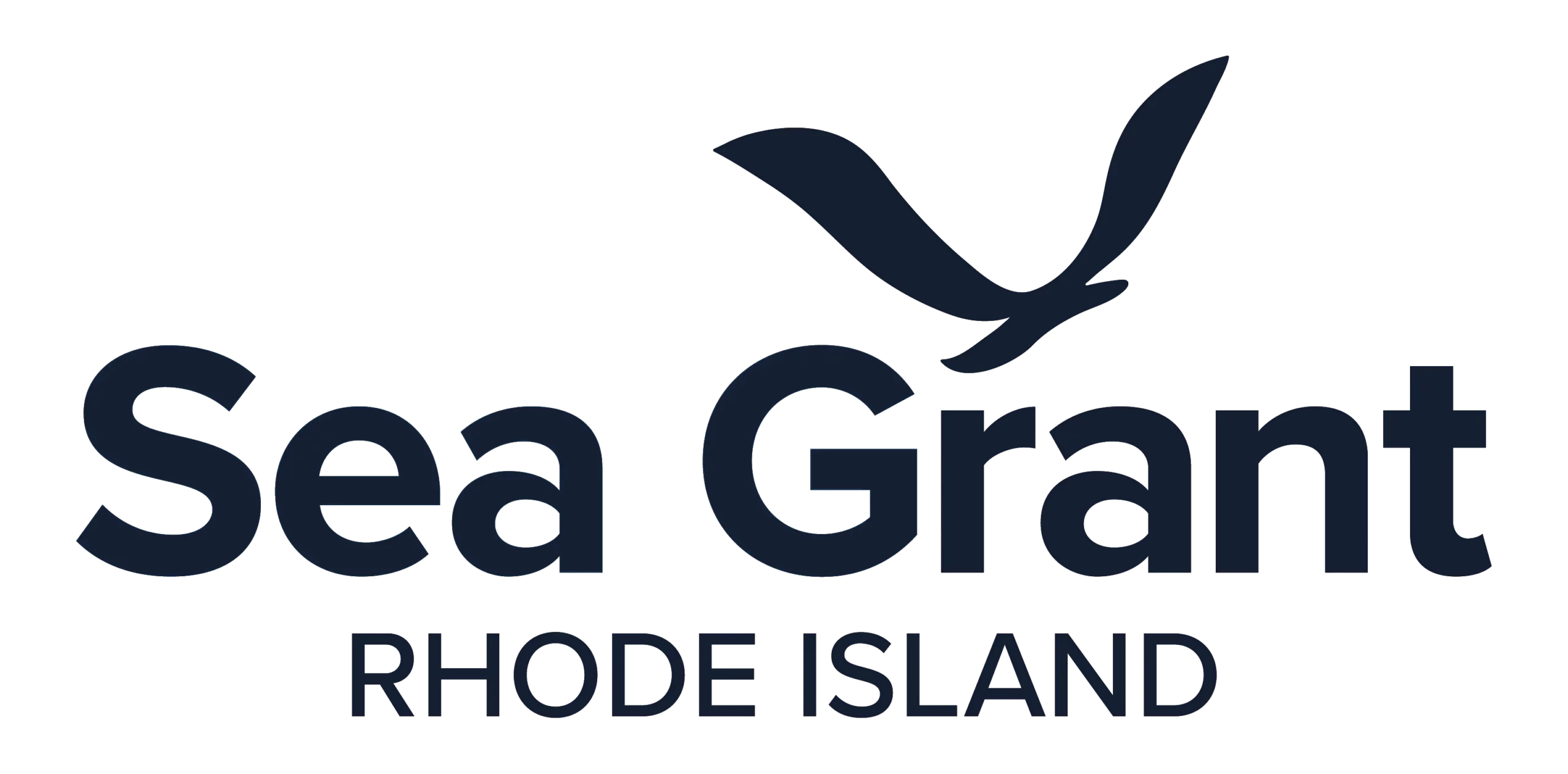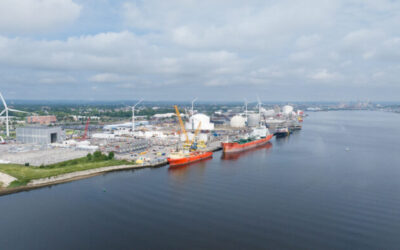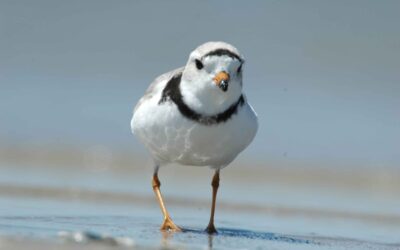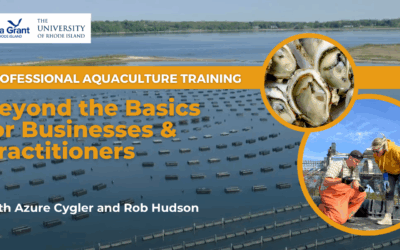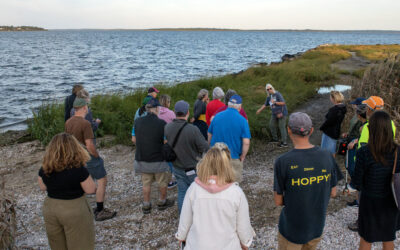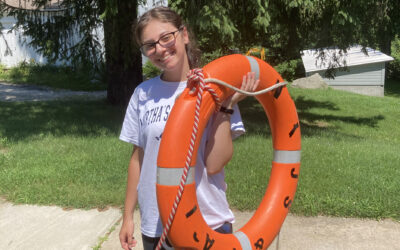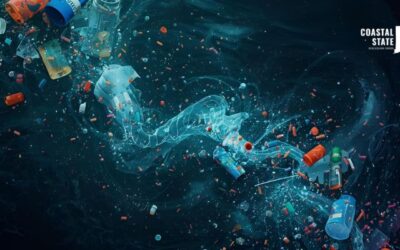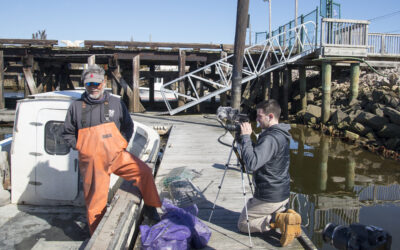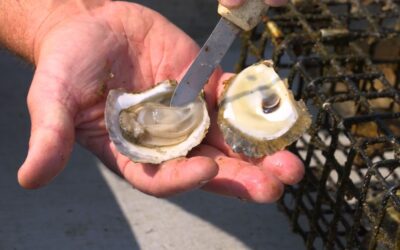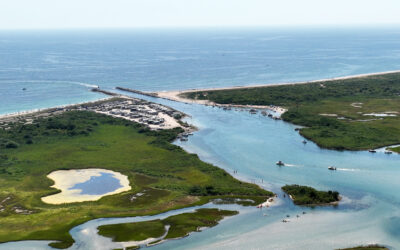News
Latest News
events
Latest News
Ports, Sea Level Rise, and Rhode Island’s Blue Future
Rhode Island port leaders discuss sea-level rise, adaptation, and workforce challenges shaping the state’s resilient Blue Economy.
Piping Plovers Complicating Beach Access for NYC Neighborhood
Protecting piping plover nests hinges on the law – and the capacity of beach managers, Law Fellow project finds.
2026 Aquaculture Training Course for Businesses and Practitioners
Professional Aquaculture Training for Businesses and Practitioners returns this coming January.
Uncovering Shoreline Access in Warwick’s Potowomut Neighborhood
Shoreline access tour reassures participants they can use rights-of-way, even if they look like private property.
Rhode Island Sea Grant Community Engaged Internship for Undergraduates
Applications for URI students for the Community Engaged Internship opportunity opens in December.
Microplastics in Narragansett Bay: Hotspots, Pathways, and Solutions
Microplastics are now found everywhere—from polar ice to human bloodstreams. Join us for a discussion on how and where they accumulate in coastal ecosystems.
Rhode Island Sea Grant Communications Internship
Rhode Island Sea Grant Communications has a paid spring semester undergraduate internship available for 10 hours per week, with the potential to...
Ocean to Plate: Sea Grant’s Seafood HACCP Training Keeps Rhode Island’s Seafood Safe
Rhode Island Sea Grant delivers seafood safety training that helps processors, dealers, and aquaculture professionals meet FDA requirements and maintain the state’s reputation for high-quality, trusted seafood.
Charlestown Breachway Restoration Proceeds with $8.4 Million in Funding
Charlestown Breachway permanent repairs and dune restoration to begin this fall with state funding.
